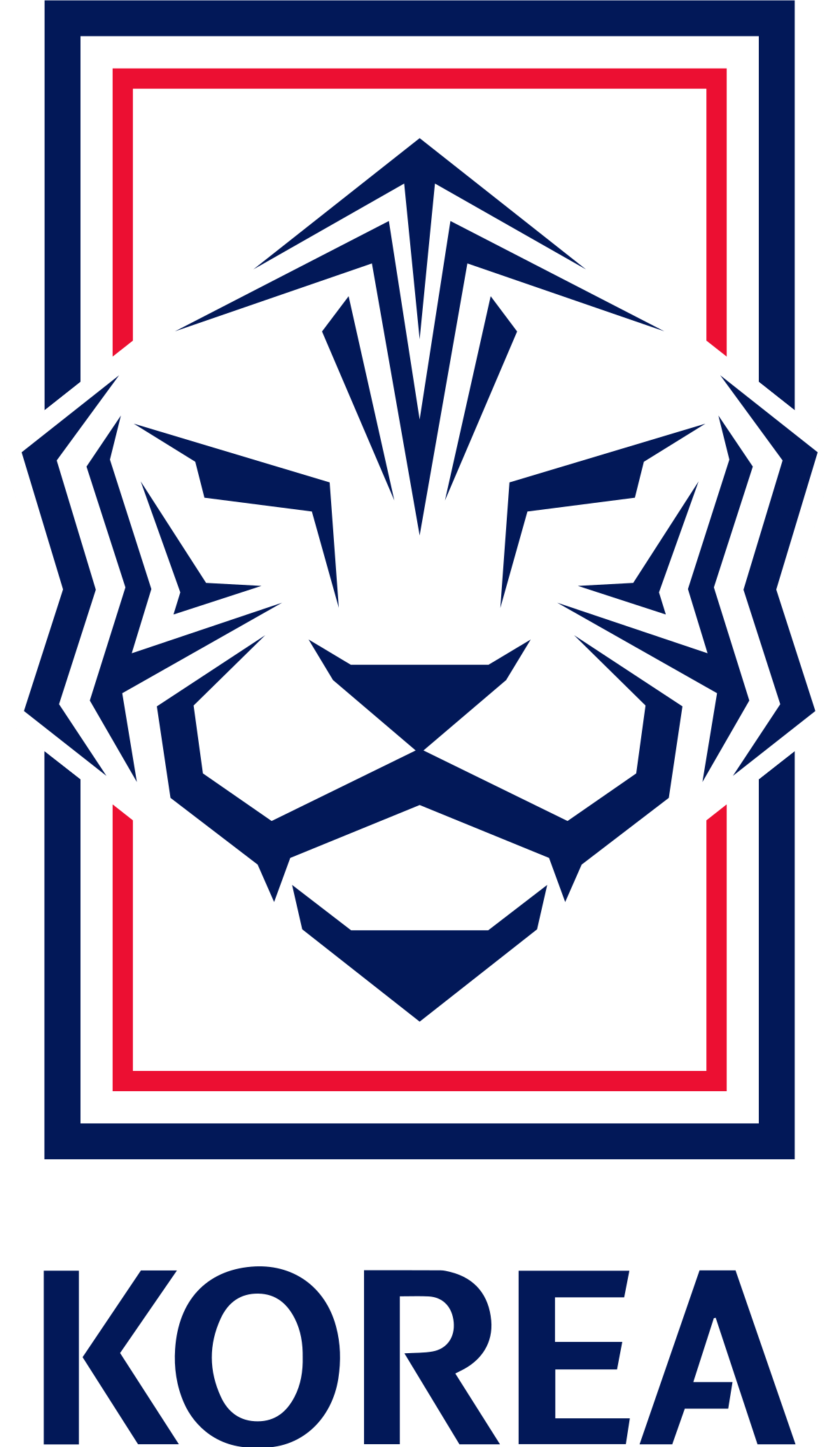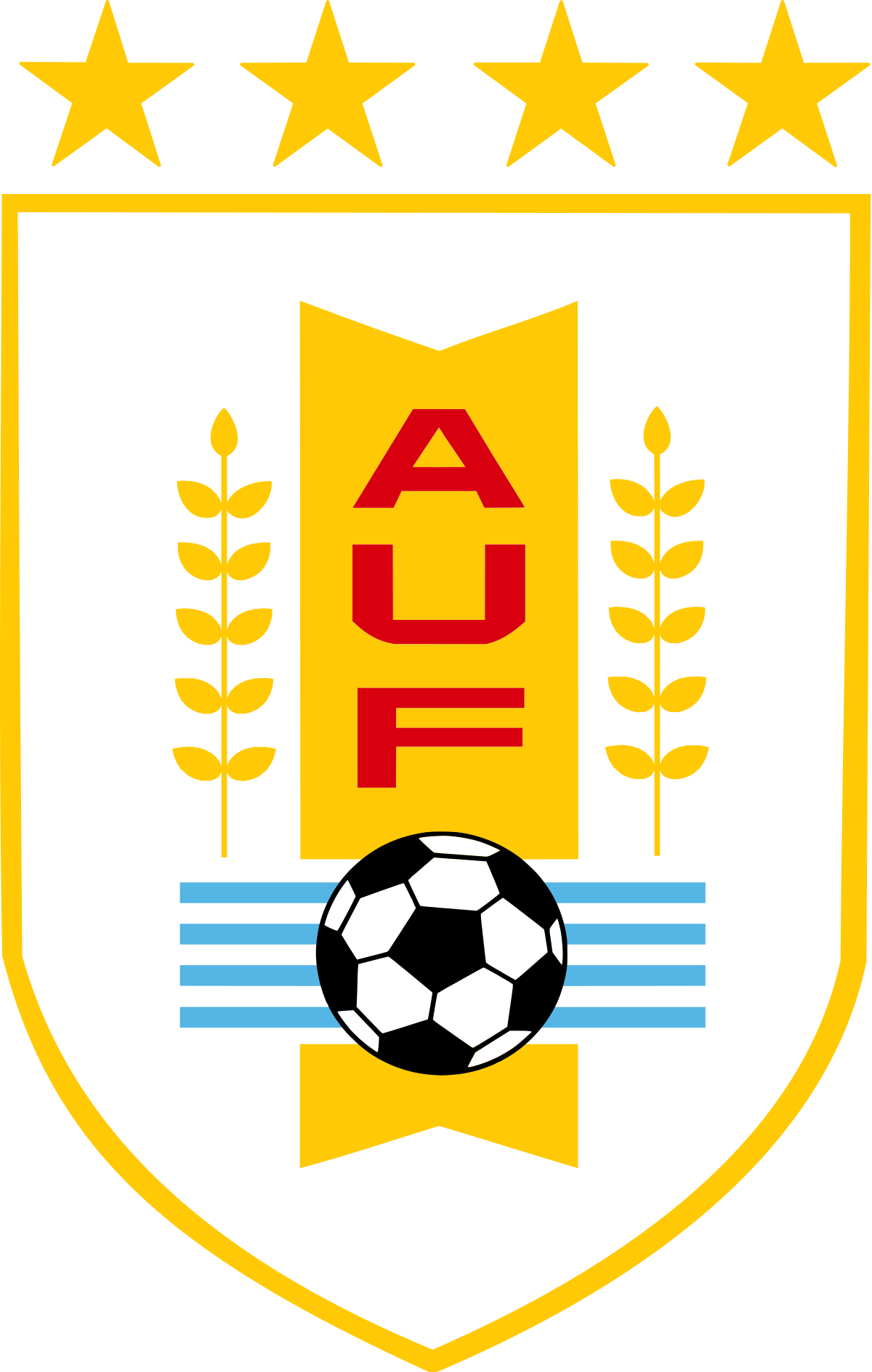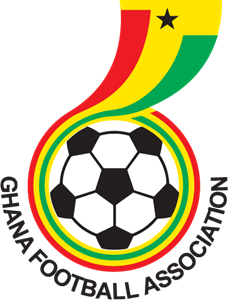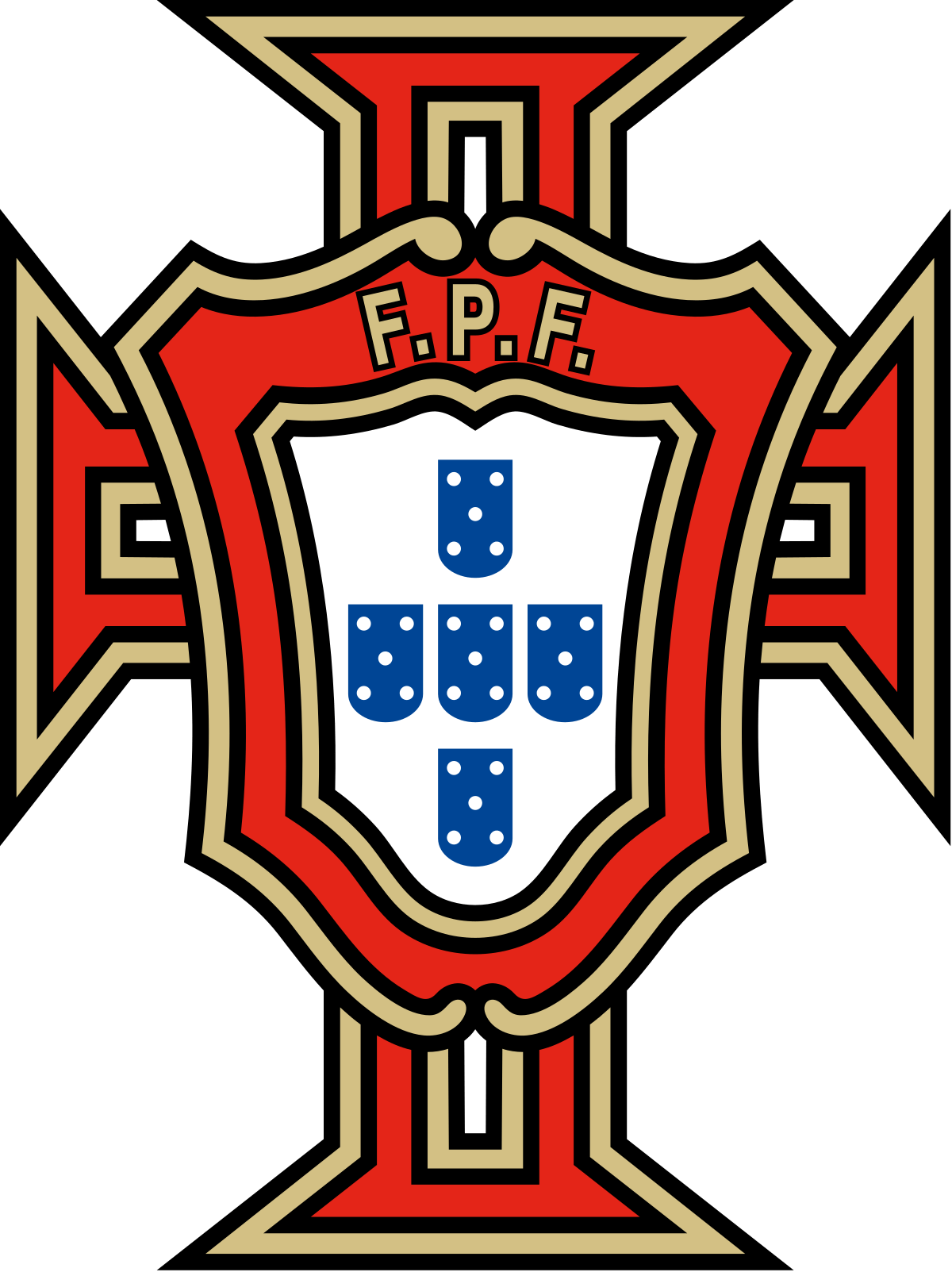
South Korea (태극전사/Taegeuk Warriors)
Fourth Place: 1 (2002)
Round of 16: 1 (2010)
Group Stage: 8 (1954, 1986, 1990, 1994, 1998, 2006, 2014, 2018)
Current FIFA Ranking: 28
Son Heung-min
Read More
Kim Min-jae
Read More
Lee Jae-sung
Read More
Paulo Bento
Read More
Group H Schedule
Game 1 – Thursday 24th November 2022

Uruguay
16:00 Qatar Time/13:00 GMT
Education City Stadium, Al Rayyan
Game 2 – Monday 28th November 2022

Ghana
16:00 Qatar Time/13:00 GMT
Education City Stadium, Al Rayyan
Game 3 – Friday 2nd December 2022

Portugal
18:00 Qatar Time/15:00 GMT
Education City Stadium, Al Rayyan
Notable Honours
Twice Asian Cup winners (1956, 1960) and four times runners-up (1972, 1980, 1988, 2015), it’s arguable that South Korea’s greatest achievement of all was a fourth-place finish in the 2002 World Cup as co-hosts with Japan.
Beginnings and early Asian Cup Triumphs
The early history of South Korean football is perhaps understandably intertwined with that of Japanese football, given that the country was an annexed territory of Japan from 1910 until the end of the Second World War. Therefore, Korean teams were to compete against Japanese teams. From this, Joseon Football Club was considered a de facto Korean national football team. Several Koreans were also to represent the Japanese national team, including the legendary Kim Yong-sik, considered one of the paternal figures of South Korean football.
Following the end of Japanese occupation and the establishment of the South Korean state in the late 1940s, the Korea Football Association (KFA) joined FIFA and the national team participated in the 1948 Olympic Games in London. Following an opening 5-3 victory over Mexico, South Korea were understandably out of their depth against Sweden, a team containing the famous Milan trio ‘Gre-No-Li’ (Gunnar Gren, Gunnar Nordahl and Nils Liedholm) and thus suffered a heavy 12-0 defeat. South Korea secured qualification for the 1954 World Cup in Switzerland following a 7-3 aggregate win over rivals Japan. Whilst qualifying for the tournament was a worthy achievement, Asian football was still in its relative infancy. As a result, Korea suffered crushing losses to the arguable team of the tournament Hungary 9-0 and Turkey 7-0. On their own continent, South Korean football reigned supreme during this period, as evidenced by consecutive Asian Cup victories in 1956 and 1960. Incidentally, South Korea has suffered an Asian Cup drought since their second triumph in 1960. Some claim this (not altogether seriously) to be the Gold Medal curse of 1960, in which the South Korean players received fake medals instead of the Gold Medals they were promised. In 2019, the KFA rectified this situation.
World Cup Disappointments
In 1962, South Korea’s failure to qualify can be attributed to the requirement of an inter-confederation play-off. Facing a talented Yugoslavia team who finished runners-up in the 1960 European Nations Cup and were reigning Olympic champions, the Koreans were brushed aside 8-2 on aggregate. South Korea did not enter qualifying for the 1966 World Cup in England due to a hesitancy to play against neighbouring North Korea. There were several reasons for this, one being that the KFA vice-president, legendary footballer Kim Yong-sik, had identified North Korea as a potentially world-class team. This proved prophetic as North Korea went on to shock the world by reaching the quarter-final stage. 1970 would see South Korea narrowly miss out on a place in the second round of Asian qualifying, with Australia advancing. In qualification for 1974, South Korea would again be pipped by the Australians. This time they lost a third play-off game 1-0 following a 2-2 aggregate draw to decide who would represent Asia and Oceania in an inter-continental play-off. Inconsistency dogged their bid to reach Argentina in 1978, as they finished as runners-up in the final group stage despite holding winners Iran to two draws. South Korea’s qualifying performance regressed in 1982, failing to make it out of the first group stage after suffering a surprising 2-0 defeat at the hands of Kuwait.
Consistent Qualifications for the World Cup
With the Asian Confederation now afforded two automatic qualifying berths, South Korea seized their opportunity and managed to navigate qualification to secure their place in Mexico ’86 – the first time they had reached a World Cup tournament in 32 years. They had done so by beating rivals Japan both home and away to win 3-1 on aggregate. Despite going out in the group stage with a solitary point, South Korea more than held their own in a prohibitively tough group containing eventual champions Argentina, Italy and Bulgaria. Opening with a 3-1 defeat to Argentina, Park Chang-sun scored South Korea’s first-ever World Cup goal. A creditable 1-1 draw with Bulgaria was followed by a 3-2 defeat to Italy in which South Korea pushed the European giants all the way.
In 1990, South Korea were once again lumbered with a difficult group, this time in the form of Spain, Belgium and Uruguay, and three consecutive defeats beckoned. In a somewhat familiar vein by now, the Koreans were again drawn into a tough group in 1994, this time with reigning champions Germany, Spain and Bolivia. This time, however, South Korea produced an improved showing. With Spain leading 2-0 in their opening fixture, the game was turned on its head thanks to strikes from Hong Myung-bo (85) and Seo Jung-won (90) to earn the Koreans an impressive 2-2 draw. A 0-0 draw with Bolivia, although a missed opportunity, afforded South Korea an opportunity to advance to the last 16 for the first time. They didn’t start well – Germany raced into a 3-0 lead before half time with Jurgen Klinsmann scoring twice. A spirited fightback ensued in the second half through Hwang Sun-hong and Hong Myung-bo. However, unfortunately, it wasn’t enough, and they finished as the worst third-placed team in the tournament.
By contrast, France ’98 was something of a disappointment. With qualification now almost routine for South Korea, they came into the tournament hoping to go one better than in the USA. However, a 3-1 defeat against Mexico after leading 1-0, a heavy 5-0 defeat at the hands of a strong Netherlands team and a 1-1 draw with Belgium meant they were to finish bottom of Group E.
World Cup Co-Hosts
After being awarded the World Cup on a joint basis with Japan, the first-ever Asian World Cup was on the horizon in 2002 and the Koreans were determined to make an impression. Change was also imminent, and South Korea had appointed one of the world’s leading coaches in Dutchman Guus Hiddink. Opening with a routine 2-0 victory over a Polish side who had been impressive in European qualification, South Korea registered their first World Cup victory. They rescued a vital point against the USA in the next match through Ahn Jung-hwan. Sensing an opportunity to qualify for the knockout stages for the first time in their history, South Korea recorded a shock victory over Portugal, with Park Ji-sung netting the winner.
In the round of 16, despite falling behind 1-0 to Christian Vieri’s 18th-minute opener, the Koreans, somewhat improbably, were able to take the match to extra time via a Seol Ki-hyeon equaliser. Memorably, Ahn Jung-hwan scored with a few minutes of extra time left to send the home crowd into rapture. Following a tense 0-0 draw with Spain, South Korea triumphed 5-3 on penalties to set them on course with Germany in the semi-finals. Germany had been criticised heading into the tournament but had managed to drag themselves into the semi-finals. Optimism was high due to the realisation that South Korea could make the World Cup final on home soil. Unfortunately, the Germans managed to eke out a 1-0 win via a Michael Ballack goal. The fourth-place play-off seemed immaterial at that point. Turkey raced into a 3-1 lead, and despite a late consolation from Song Chong-gug, the Koreans finished in fourth place. It had been a hugely successful tournament for them on home soil.
Recent World Cups
In 2006, it was in South Korea’s hands to advance to the knockout phase again following a 2-1 victory over Togo and a 1-1 draw with France. However, this time, Switzerland ran out 2-0 winners in the final group game to qualify at South Korea’s expense. Four years later, in South Africa, following a strong start in the form of a 2-0 victory over Greece, a 2-2 draw with Nigeria was enough to see South Korea through to the knockout phase for the second time. In the round of 16 against Uruguay, Lee Chung-yong’s equaliser gave the Koreans hope after Luis Suarez’s early opener. However, Suarez again struck to ensure Uruguay reached the quarter-finals at South Korea’s expense. The 2014 tournament in Brazil was something of a disappointment. Failing to win a game and finishing bottom of the group, the Koreans can point to the Algeria game, in which they were 3-0 down, as the nadir of the tournament.
In a highly competitive group in Russia in 2018, the South Koreans were guilty of leaving it too late. Following a 1-0 defeat to Sweden and a 2-1 defeat to Mexico, South Korea, somewhat surprisingly, were to contribute to the elimination of World Champions Germany in a 2-0 victory courtesy of late goals from Kim Young-gwon and current superstar Son Heung-min. They come to Qatar in an open group, also comprising Portugal, Uruguay and Ghana. They will hope to surprise the Europeans and South Americans by qualifying for the knockout stage for the third time.
Road to Qualification
AFC Second Round Group H: 1st
AFC Third Round Group A: 2nd
Record:
Second Round: Played:6 W:5 D:1 L:0 F:22 A:1 GD:+21 Points:16
Third Round: Played:10 W:7 D:2 L:1 F:13 A:3 GD:+10 Points:23
Date of Qualification: 1st February 2022
Straightforward would be an accurate assessment of South Korea’s qualification campaign. Finishing 11 points ahead of the United Arab Emirates, South Korea were never in any real danger of failing to qualify for Qatar, as is customary these days, and perhaps didn’t need to overly exert themselves, which would account for a low average of 1.3 goals per game during the final group stage. Son Heung-min led the way in qualification with seven goals.
Meet the Coach: Paulo Bento (age 53)
Former Portuguese international midfielder Paulo Bento is no stranger to international tournaments as both a player and coach. Featuring in Euro 2000 and World Cup 2002 as a player, Bento took on the role of the Portugal national team coach following four years at Sporting Lisbon. Taking Portugal to the Euro 2012 semi-finals, where they were to be defeated by Spain on penalties, a disappointing group stage exit two years later in Brazil and a poor start to the Euro 2016 qualification campaign would see his reign come to an end. Following spells in Brazil (Cruzeiro), Greece (Olympiacos) and China (Chongqing Dangdai Lifan), Bento took charge of South Korea in August 2018 specifically to guide them to this World Cup.
Possible Starting XI and Style of Play

Bento has recently been experimenting with a more expansive brand of football which has led to some nervousness in sections of the South Korean press following a heavy 5-1 defeat against Brazil. However, Bento has stuck to this new style of playing that has recently seen the Koreans beat Egypt 4-1, Iceland 5-1 and Chile 2-0, amongst other results. Expect South Korea to switch between a 4-3-3 and 4-1-4-1 depending on the strength of the opposition and the flow of the game. They will look to be defensively solid and use the talents of the two attacking midfielders and two wide men to try to get goals. Much will depend in particular upon their ability to utilise the attacking talents of big star Son Heung-min.
Squad List
Goalkeepers: Kim Seung-Gyu, Jo Hyeon-Woo, Song Bum-Keun
Defenders: Kim Min-Jae, Kim Young-Gwon, Kwon Kyung-Won, Cho Yu-Min, Kim Moon-Hwan, Yoon Jong-Gyu, Kim Tae-Hwan, Kim Jin-Su, Hong Chul
Midfielders: Jung Woo-Young, Son Jun-Ho, Paik Seung-Ho, Hwang In-Beom, Lee Jae-Sung, Kwon Chang-Hoon, Jeong Woo-Yeong, Lee Kang-In, Son Heung-Min, Hwang Hee-Chan, Na Sang-Ho, Song Min-Kyu.
Forwards: Hwang Ui-Jo, Cho Gue-Sung.
Key Players
Son Heung-min
Date and Place of Birth: (08.07.1992, Chuncheon)
Current Club: Tottenham Hotspur
Caps/Goals: 104/35
The Premier League Golden Boot winner alongside Liverpool’s Mo Salah, Son Heung-min has elevated his game to become a consistent goalscoring threat for both club and country. He can play anywhere on the forward line owing to his two-footedness but prefers to start on the left. Son’s combination of explosive pace, technical ability and composure in front of goal have ensured that he is now widely considered one of the game’s leading attackers. Despite starting slowly this season by his own high standards, Son has plenty of opportunities to play his way back into form before the tournament. There is no doubt that he is South Korea’s main man.
Kim Min-jae
Date and Place of Birth: (15.11.1996, Tongyeong)
Current Club: Napoli
Caps/Goals: 44/3
Kim Min-Jae has made an excellent start in a very impressive Napoli team following his summer transfer from Turkish giants Fenerbahce. Well known for his ability to read the game and his range of passing from the back, Kim Min-jae is also physically strong and quick which, coupled with great positional awareness, ensures that he is aerially dominant beyond his size.
Lee Jae-sung
Date and Place of Birth: (10.08.1992, Ulsan)
Current Club: Mainz 05
Caps/Goals: 64/9
With 39 appearances in the league for Bundesliga outfit Mainz 05, Lee Jae-sung is considered a reliable presence in the heart of midfield and will be looked upon to link midfield and attack. A technically proficient player, Lee has added a physicality to his game which was previously missing, and, as a result, is starting to make an impact at a higher level of football. A good goalscoring threat, playing in the Bundesliga has helped his game a lot.
